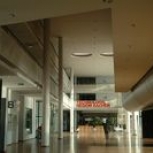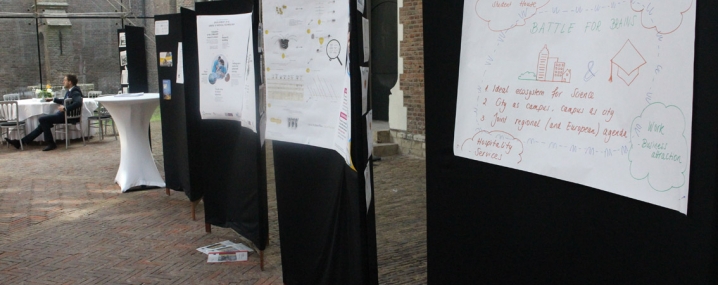
Aachen
With about 250,000 inhabitants, Aachen is a relatively young city in western Germany and very internationally-oriented, thanks to its large population of foreign students and scientists, and its location near the Belgian and Dutch border. For decades, textile and mining were the city’s main employers. However, the decline of these industries since the 70s has seen the loss of up to 50,000 jobs.
As a result, the city has been searching for a new identity and a new basis for the local of economy—with science, technology and higher education emerging as potential replacements during the 90s. The RWTH Aachen University and the University of Applied Sciences (UAS) have since been positioned not only as places of learning but also as partners for high-technology companies and a source of new businesses. Over the last 25 years, more than 1,400 start-ups were created from RWTH Aachen University, providing about 32,000 jobs. More than 50,000 people now study or work at one of Aachen’s universities/science institutes. In recent years, the city has also attracted some renowned private research institutions, including R&D establishments of Microsoft and Ford.
Culturally, the city has a number of landmarks, including a spectacular 10th century cathedral—a UNESCO World Heritage Site that contains the tomb of emperor Charlemagne. Two city squares and a 14th-century city hall are also popular tourist sights. The city, sometimes known by its former French name of Aix-la-Chapelle, is also famous for a 500-year-old culinary tradition—a biscuit called Aachen Printen.

